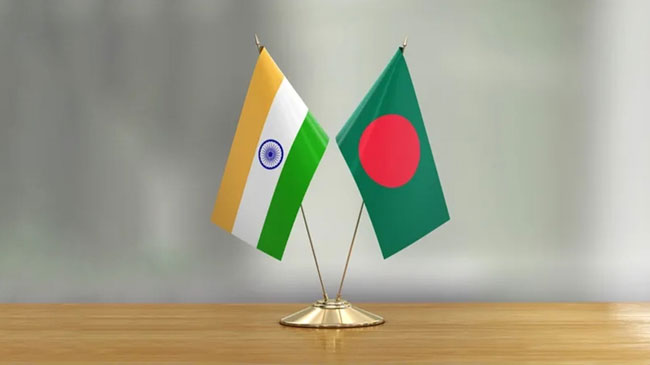Desk: India has imposed restrictions on the entry of Bangladeshi products such as ready-made garments (RMG), plastics, and other goods through its northeastern land ports — Assam, Meghalaya, Tripura, Mizoram — and in West Bengal via Fulbari and Changrabandha, following controversial remarks made by Bangladesh government advisor Muhammad Yunus. During a speech in China, Yunus described India’s northeastern states as “landlocked areas surrounded by land without access to the sea.” His provocative comments have sparked a diplomatic row.
Indian officials perceive Yunus’s statement as undermining the connectivity and strategic importance of the region. Due to the new restrictions, Bangladesh will now be forced to route exports including RMG, plastics, melamine, furniture, juices, carbonated drinks, bakery items, confectionery, and processed foods through Kolkata port in West Bengal or Nhava Sheva port in Maharashtra, significantly increasing logistics costs.
Previously, about 93% of Bangladesh’s exports passed through these land routes. This move could severely impact the RMG sector, which exports goods worth approximately USD 740 million annually to India. Indian officials have defended the step as a measure to ensure “fair trade.” They also pointed out that Bangladesh charges an unusually high transit fee of 1.8 Taka per ton per kilometer on Indian goods — more than double Bangladesh’s domestic rate of 0.8 Taka.
An Indian official stated, “Bangladesh cannot enter our markets without reciprocity. India has granted concessions for years without equal benefits. This decision restores balance.” Sources indicate that Bangladesh continues to impose port restrictions on Indian exports, especially at ICPs bordering the northeastern states. Industrial development in the northeast faces triple threats due to Bangladesh’s excessive and economically unreasonable transit fees, which hinder India’s access through its own internal territory.




